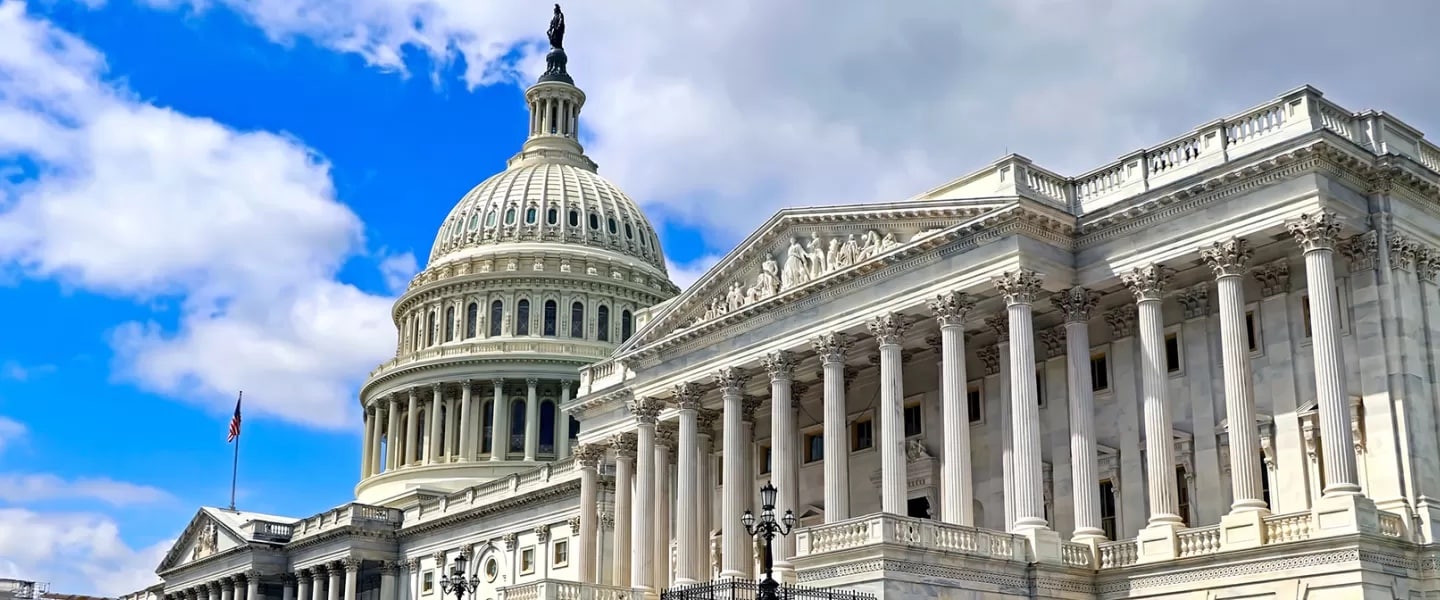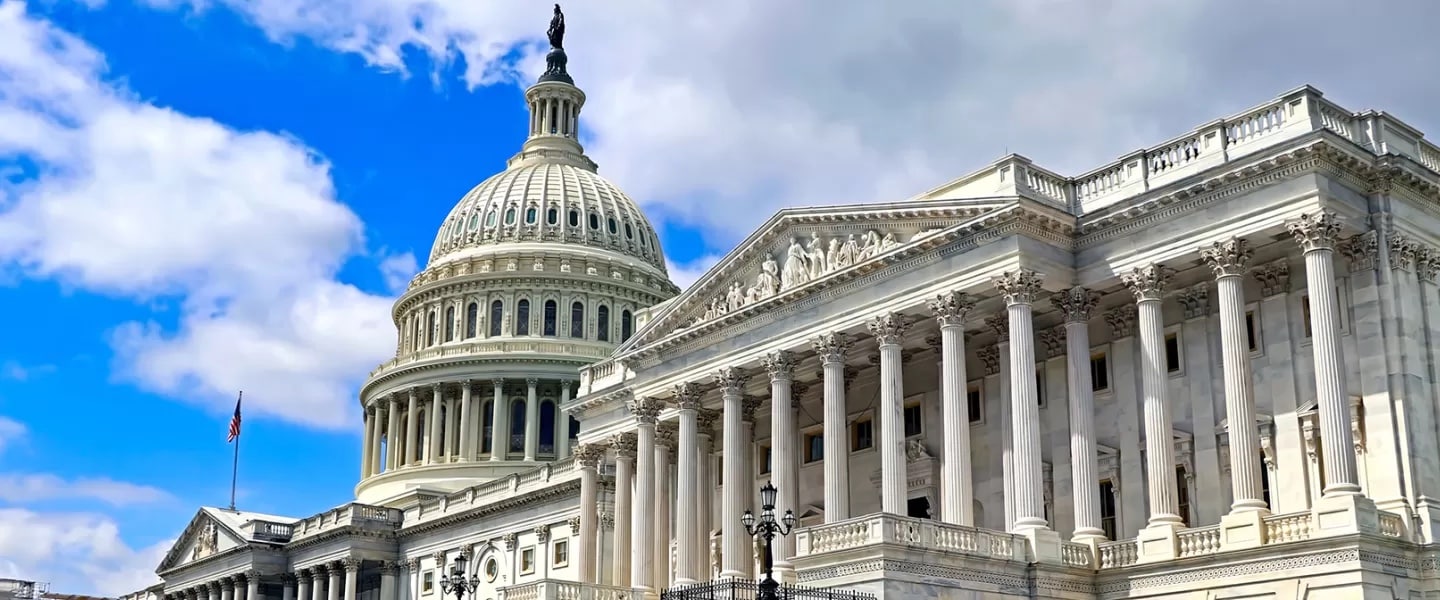Tether’s USDT and Chinese Blockchains Face Potential U.S. Government Ban


The U.S. lawmakers are proposing a bill aiming to prohibit the U.S. government officials from transacting with Tether’s USDT, China-based blockchain networks, and “other foreign adversaries.”
The U.S. Representatives Zach Nunn (R-IA) and Abigail Spanberger (D-VA) have introduced a bipartisan bill, the Creating Legal Accountability for Rogue Innovators and Technology (CLARITY) Act, to regulate government officials’ cryptocurrency transactions and the use of blockchain technologies.
The CLARITY Act Explained
The CLARITY Act is set “to prohibit certain actions and require reporting to defend against the economic and national security risks posed by foreign adversarial blockchain networks.” The representatives believe that China’s blockchain networks and those of “unregulated, self-proclaimed ‘supra-national’ companies” could “pose risks” to the U.S. national security and foreign policy interests.
The bill intends to ban the government use of the “covered distributed ledger technology and blockchain equipment or services,” as long as they are provided by the companies listed, including the USDT issuer Tether’s parent company iFinex, China’s Blockchain-based Service Network (BSN), Spartan Network, Conflux Network, and Red Date Technology.
My new bipartisan bill would make sure this doesn’t happen. Here’s what you need to know: pic.twitter.com/U80g9es1la
— Congressman Zach Nunn (@ZachNunn) November 9, 2023
“Within the next decade, every American will have sensitive, private data stored using blockchain technology,” Nunn said. “China’s heavy investment in this infrastructure poses a colossal national security and data privacy problem.”
Spanberger joined Nunn and shared her opinion. “As a former CIA case officer, I understand that the Chinese Communist Party’s investment in a state-controlled blockchain network poses significant risks to U.S. data security,” Spanberger said.
China’s Digital Yuan and BSN
A Stanford University report published last year analyzes the connection between BSN and China’s central bank digital currency (CBDC), or digital yuan.
According to the report, the Chinese government plans to develop its own global universal digital payments network (UDPN) “enabling a standardized digital currency transfer method and payment procedure for any information system.”
Confusingly, there is already a corporate entity called UDPN in existence – a blockchain interoperability bridge built by GFT Group and Red Date Technology.
Although Hong Kong-based Red Date Technology was the technical architect for BSN, in an email received by Cryptonews, UDPN states it is not connected with the Chinese government.
The Bill and The TikTok Ban
Representative Nunn compared the risks posed by the blockchain networks owned by adversaries to the “national security” risks posed by TikTok. “If we don’t act now, this will be a disaster 1,000 times worse than China’s ownership of TikTok.” Nunn said.
In 2022, President Joe Biden approved a bill banning the federal government employees’ use of TikTok. The app was also banned in 34 of the 50 states targeting state government agencies, employees, and contractors.




